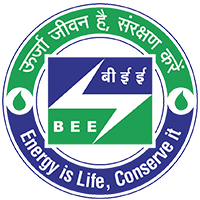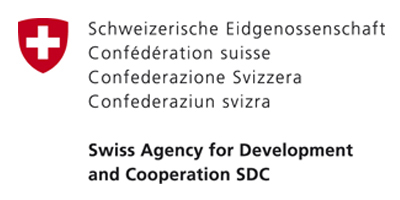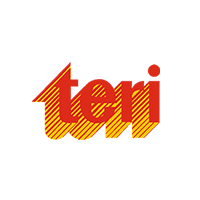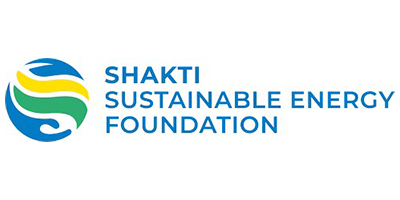Background and context
SAMEEEKSHA is a collaborative platform aimed at pooling the knowledge and synergizing the efforts of various organizations and institutions – Indian and international, public and private – that are working towards the common goal of facilitating the development of the SME sector in India through the promotion and adoption of clean, energy efficient technologies and practices. SAMEEEKSHA provides a unique forum where industry may interface with technology development specialists, R&D institutions, government bodies, training institutes, funding agencies and academia so as to facilitate this process.
The micro, small, and medium enterprise (MSME) sector in India plays a key role in the nation’s economy. According to the Annual Report (2019–20) of the Ministry of MSME, Government of India, the Indian MSME sector has over 63 million units and provides employment to over 110 million people. In an increasingly globalized market, it is vital for MSMEs to improve and sustain their competitiveness through the deployment of efficient manufacturing processes.
Fuel costs make up a sizeable portion of manufacturing cost in most MSMEs. Hence, there is a need for improvement and constant innovation of technologies and operating practices in MSMEs, particularly in energy-consuming processes. However, MSMEs face difficulties in accessing knowledge on new/improved energy-efficient technologies, and in securing dependable supplies of clean, affordable fuels. Often, even when improved technological options are developed and made available to MSMEs, their uptake is severely hindered by the paucity of technical support services at unit/cluster level and by the inability of MSMEs to access capital finance to acquire new or improved machinery/equipment.
The need, therefore, is for an integrated approach to promote the development of the MSME sector; one that simultaneously addresses the technological, capacity, and financial needs of MSMEs. This requires the various agencies working in the MSME sector to pool their knowledge and expertise, and coordinate their activities for maximum effectiveness; in other words, synergy among the players in the MSME sector. SAMEEEKSHA provides a platform for this synergy.
The idea of SAMEEEKSHA had its genesis in 2009, when the Bureau of Energy Efficiency (BEE), the apex body for implementation of energy efficiency in India under the Ministry of Power, organized a meeting of a number of agencies active in the MSME sector to discuss ways in which to coordinate, synergize, and improve the efficacy of the initiatives taken by various organizations in the Indian MSME sector, and to facilitate cross-learning between different stakeholders. At this meeting, the Swiss Agency for Development and Cooperation (SDC), which already had over 15 years of experience in the Indian MSME sector with a successful track record in demonstrating and disseminating energy efficient technologies in a few small-scale industry sectors, in partnership with The Energy and Resources Institute (TERI) offered to facilitate the setting up of a coordination mechanism among the relevant stakeholders. This idea was given a concrete shape during the meetings that followed between BEE, SDC, TERI, Ministry of MSME, and other stakeholders in the MSME sector, leading to the formal establishment of SAMEEEKSHA, with its Secretariat located in TERI.
SAMEEEKSHA was supported by SDC from its inception till December 2017. Since then, it is being supported by other donors.
SAMEEEKSHA plays the following roles:
- It is a platform for pooling the knowledge and experiences of various organizations that are engaged with the Indian SME sector.
- It enables like-minded organizations to coordinate and increase the impact of their activities in different areas in the SME sector.
- It is a clearing house for knowledge and information on the SME sector, including various state and non-state stakeholders and their interventions in/ interactions with the sector.
- It provides a forum where representatives of small-scale industry may interface with policy-makers, funding and development agencies, R&D institutions, academia, and others.







